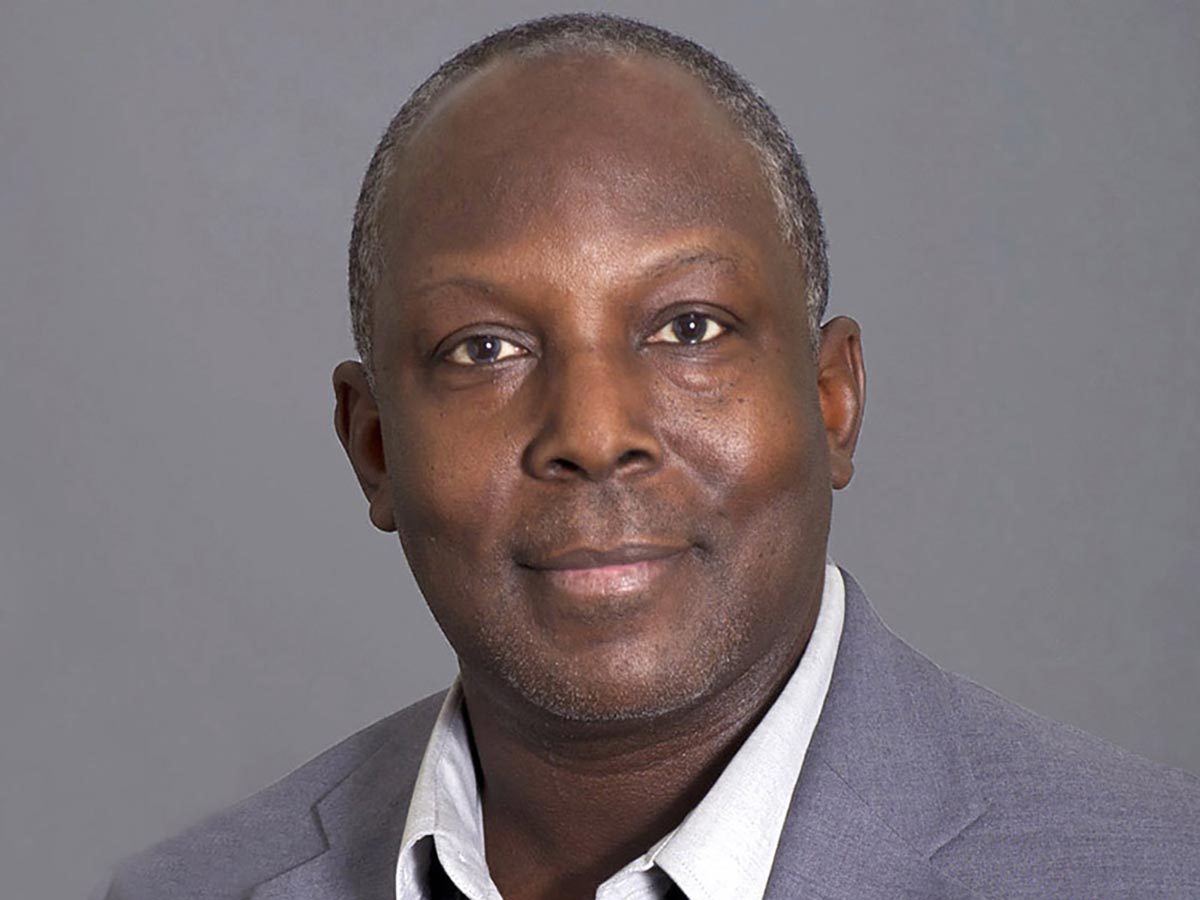[ad_1]
By Roger House, Special to the AFRO
The murder of Ahmaud Arbery by white vigilantes in Brunswick, Georgia, has struck a nerve in communities across the nation. Moreover, the incident has raised concerns over issues of race, justice, and political participation in the state of Georgia. It has become increasingly clear that true justice compels a broader remedy than a conviction, which itself may be doubtful.
Just as importantly, the incident demands political reforms to enable black residents to engage in a fair election process. Only then will the black community have the chance to gain a measure of control over the levers of power in the state.
In 2018, Stacey Abrams, Democratic candidate for governor, narrowly lost to Republican candidate Brian Kemp. The Abrams campaign claimed it lost as a result of questionable election practices and called for a Congressional review of the process. For many people, the allegation brought to mind the long history of thwarted black political participation in the state and region.

Last year, the U.S. House Oversight and Reform Committee under Chairman Elijah Cummings conducted preliminary hearings on the Georgia election. Unfortunately, his sudden death a short time later appears to have slowed the work.
The Arbery case presents an opportunity to revisit the investigation by the Oversight Committee. The Congressional Black Caucus and its allies should demand the following steps by the Democratic-controlled House of Representatives: First, the Oversight Committee should make the investigation a priority as soon as possible.
Second, if the Committee uncovers problems, the Democratic leadership should vote on a House Resolution condemning the election practices. And the Resolution should call on the Department of Justice to monitor future elections in the state. While a Resolution is only a statement of desire by the House, it also has the ability to shed light on an important issue.
Third, the Democratic leadership should incorporate the Committee findings into a broader effort to update the Voting Rights Act.
In closing, the Arbery case is about more than seeking a conviction for the tragic death of a young man. It is also about reforming the real life deficits for a people shut out of statewide governance.
Roger House is an associate professor of American studies at Emerson College in Boston, and the author of “Blue Smoke: The Recorded Journey of Big Bill Broonzy.”
The opinions on this page are those of the writers and not necessarily those of the AFRO. Send letters to The Afro-American • 1531 S. Edgewood St. Baltimore, MD 21227 or fax to 1-877-570-9297 or e-mail to [email protected]
[ad_2]
Source link

